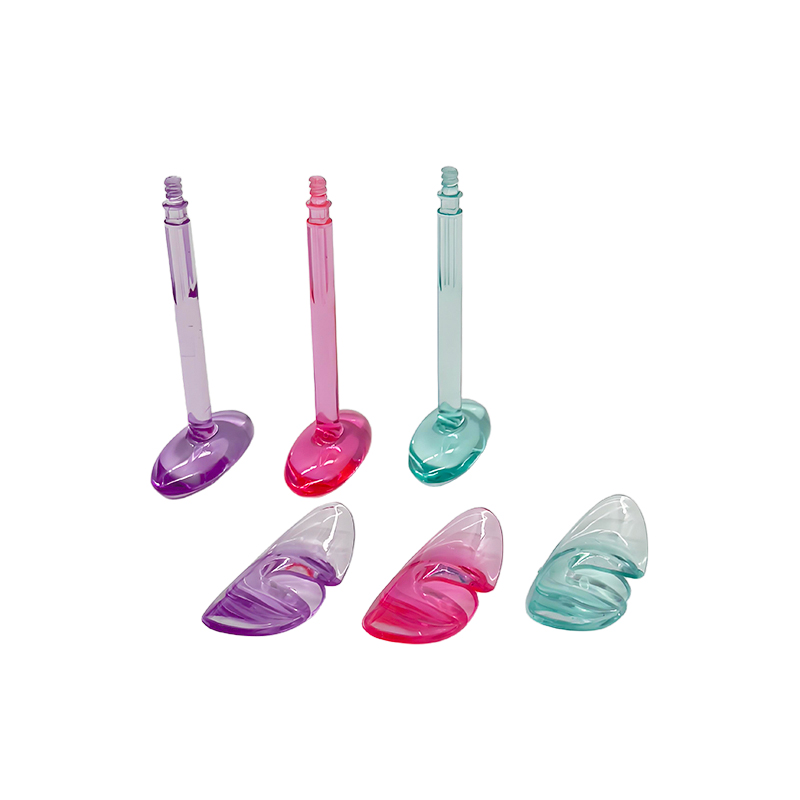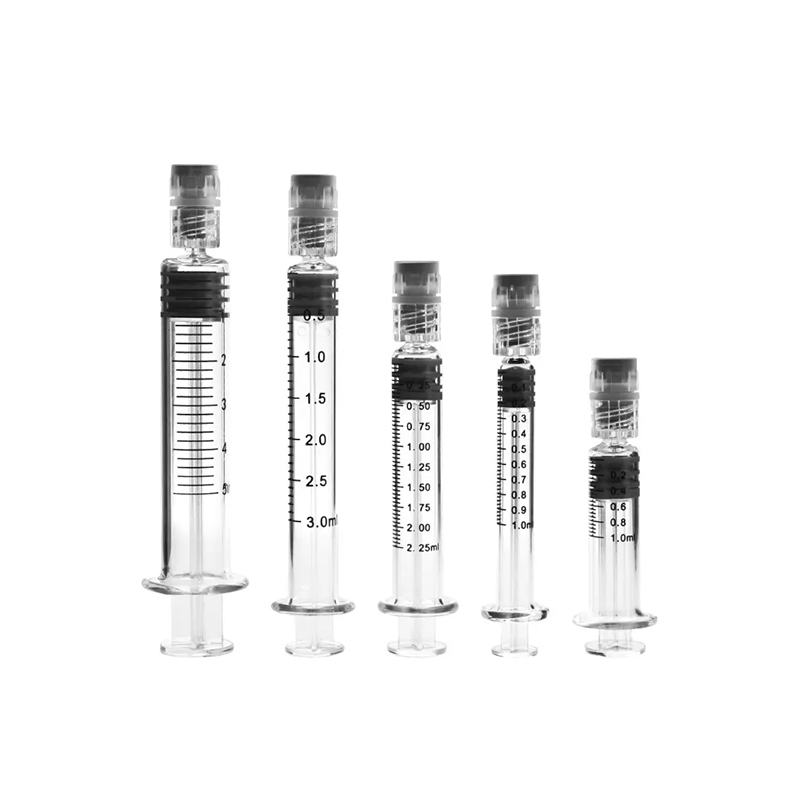

Views: 0 Author: Site Editor Publish Time: 2025-08-29 Origin: Site











The medical industry has witnessed a significant shift towards the use of prefilled syringes due to their convenience, safety, and efficiency. As healthcare providers and pharmaceutical companies continue to adopt this technology, selecting the right prefilled syringe becomes crucial. This article provides insights into the key considerations for choosing prefilled syringes, including types, manufacturers, and safety standards. Understanding these factors is essential for ensuring optimal patient care and compliance with regulatory standards. For more detailed information on prefilled syringes, you can explore our comprehensive resources on Prefilled Syringes.
Prefilled syringes are single-use, disposable syringes that come preloaded with a specific dose of medication. They are designed to improve safety and accuracy in medication administration, reduce medication errors, and enhance patient compliance. The use of prefilled syringes has grown exponentially, driven by the need for more efficient and safer drug delivery systems. The global market for prefilled syringes is expected to reach significant growth, with a compound annual growth rate (CAGR) of over 10% in the coming years.
There are several types of prefilled syringes available, each designed for specific applications and medications. The most common types include glass and plastic syringes. Glass prefilled syringes are favored for their chemical stability and compatibility with a wide range of drugs. They are often used for biologics and sensitive medications. On the other hand, plastic prefilled syringes are lightweight, shatterproof, and cost-effective, making them suitable for mass production and use in various healthcare settings. For a deeper understanding of the different prefilled syringes types, visit our detailed guide.

Prefilled syringes offer numerous advantages over traditional vial-and-syringe systems. They reduce the risk of contamination and dosing errors, as the medication is pre-measured and sealed. This feature is particularly beneficial in high-stakes environments such as emergency rooms and intensive care units. Additionally, prefilled syringes enhance patient safety by minimizing the risk of needle-stick injuries and exposure to hazardous drugs. The convenience of prefilled syringes also improves workflow efficiency, allowing healthcare professionals to focus more on patient care rather than medication preparation.
Choosing the right prefilled syringe involves several considerations, including the type of medication, the intended use, and regulatory compliance. Here are five essential tips to guide your selection process:
The reputation and reliability of the prefilled syringes manufacturer are critical factors to consider. A reputable manufacturer will adhere to stringent quality control measures and comply with international standards such as ISO and FDA regulations. It is advisable to conduct thorough research on potential manufacturers, examining their production capabilities, certifications, and track record in the industry. Partnering with a trusted manufacturer ensures the delivery of high-quality and safe products. For more insights into selecting a reliable Prefilled Syringes manufacturer, explore our resources.
The material of the syringe plays a significant role in its performance and compatibility with the medication. Glass syringes are ideal for medications that require a high degree of chemical stability, while plastic syringes offer advantages in terms of weight and breakage resistance. The choice of material should align with the specific requirements of the medication and the healthcare setting. Additionally, consider the environmental impact of the material, especially if sustainability is a priority for your organization.
Safety is paramount when selecting prefilled syringes. Look for syringes with built-in safety mechanisms such as needle shields and tamper-evident seals. These features protect healthcare workers from needle-stick injuries and ensure the integrity of the medication. Additionally, consider syringes that offer precise dosing capabilities to prevent medication errors. Safety prefilled syringes are designed to enhance user confidence and patient safety, making them a preferred choice in clinical settings.
Regulatory compliance is a non-negotiable aspect of prefilled syringe selection. Ensure that the syringes meet the necessary regulatory standards, such as FDA approval and ISO certification. Compliance with these standards guarantees that the syringes have undergone rigorous testing for safety, efficacy, and quality. It also facilitates the global distribution of the syringes, as many countries require compliance with international standards for medical devices. For more information on FDA Approved Prefilled Syringes and ISO standards, refer to our detailed articles.
While cost should not be the sole determinant in selecting prefilled syringes, it is an important consideration. Evaluate the cost-effectiveness of the syringes by comparing their price with the benefits they offer. Consider factors such as reduced medication waste, improved workflow efficiency, and enhanced patient safety. Investing in high-quality prefilled syringes can lead to long-term savings by minimizing errors and improving overall healthcare outcomes.

Selecting the right prefilled syringe is a critical decision that impacts patient safety, healthcare efficiency, and regulatory compliance. By considering factors such as manufacturer reputation, material choice, safety features, regulatory compliance, and cost-effectiveness, healthcare providers can make informed decisions that enhance patient care. As the demand for prefilled syringes continues to grow, staying informed about the latest advancements and best practices is essential. For further exploration of Prefilled Syringes and their applications, visit our comprehensive news section.